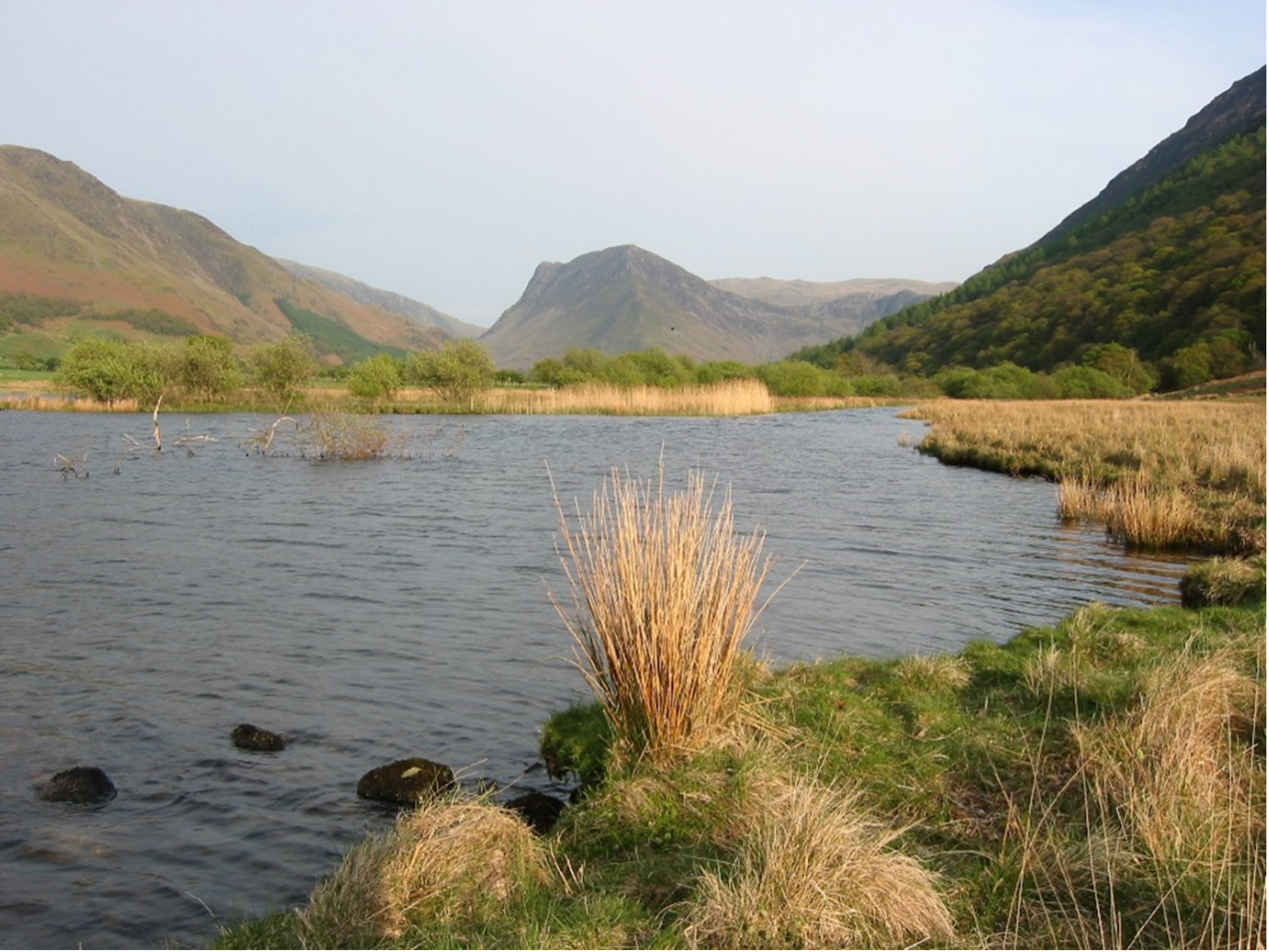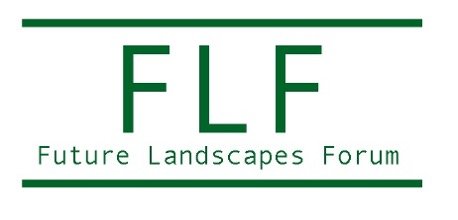
The need to acknowledge complexity and consider evidence to inform sustainability
When I started to work with colleagues on moorland landscapes, it quickly became apparent to me that any one aspect was just a small part of a much bigger and quite complex picture involving ecology, conservation, land management, economics, and social impacts of a significant area of our country’s land and heritage. It is the complexity and evidence underlying that larger canvas that our work, and this website, seeks to capture and evaluate.
A good definition of sustainability is that it is a long-term goal to achieve a more sustainable world. Sustainable development refers to the many processes and pathways to achieve it e.g. sustainable agriculture and forestry, sustainable production and consumption, good government and governance, research and technology transfer, education, and training. The International Union for Conservation of Nature (IUCN) has stated that “the core of mainstream sustainability thinking has become the idea of three dimensions, environmental, social and economic sustainability.” These three dimensions underpin our Position Statement.
In our Position Statements we aim to collect much of the evidence underlying these three dimensions; for example, because heather moorland burning can be such an emotive subject, we have endeavoured to be as objective as possible in looking at all sides of any argument, and always at the ‘bigger picture’ alluded to above.
We feel that the recognition and understanding of the evidence within our Position Statements will be of importance in both driving improvements in sustainability, and in ensuring that irreversible negative environmental, economic or social impacts do not occur. It also highlights the importance of sustainable development to achieve environmental, social and economic harmony in a more equitable world. Despite – or because of – our research-led approach, it is clear that there are a number of areas that need significantly more research in order to come to a valid evidence-based conclusion.
This is not the end of the story. From the outset we intend our Position Statements, and this website, to be a ‘living document’ that will be updated, to not just address burning, but inform on other aspects of landscape management, for example rewilding, tree planting, rewetting, and bracken control. This will also include presenting and linking to various documents and publications of relevant to each Position Statement. We therefore hope that we have produced an important resource for now, and in the future, for policy-makers, and for anyone who cares, not only about any single aspect of heather-dominated landscapes, but about the sustainable development of our rural communities and of the people that they serve.
We welcome your interest in this endeavour and your contributions and support. Please do get in touch via our contact section and add your name to supporting the various Position Statements.
Professor James Crabbe,
Wolfson College, Oxford

